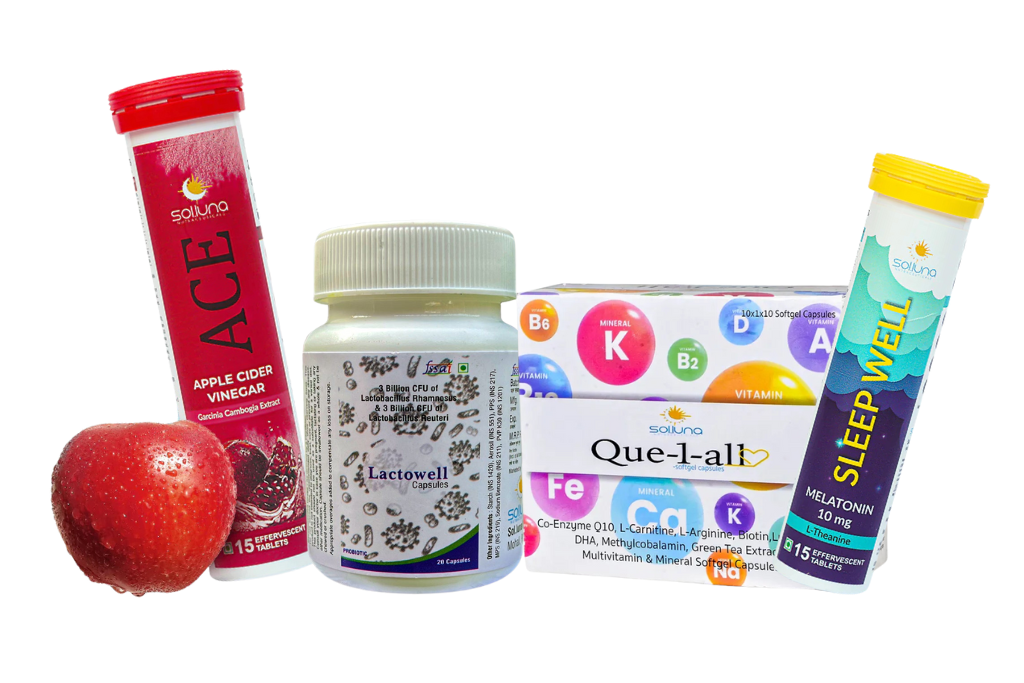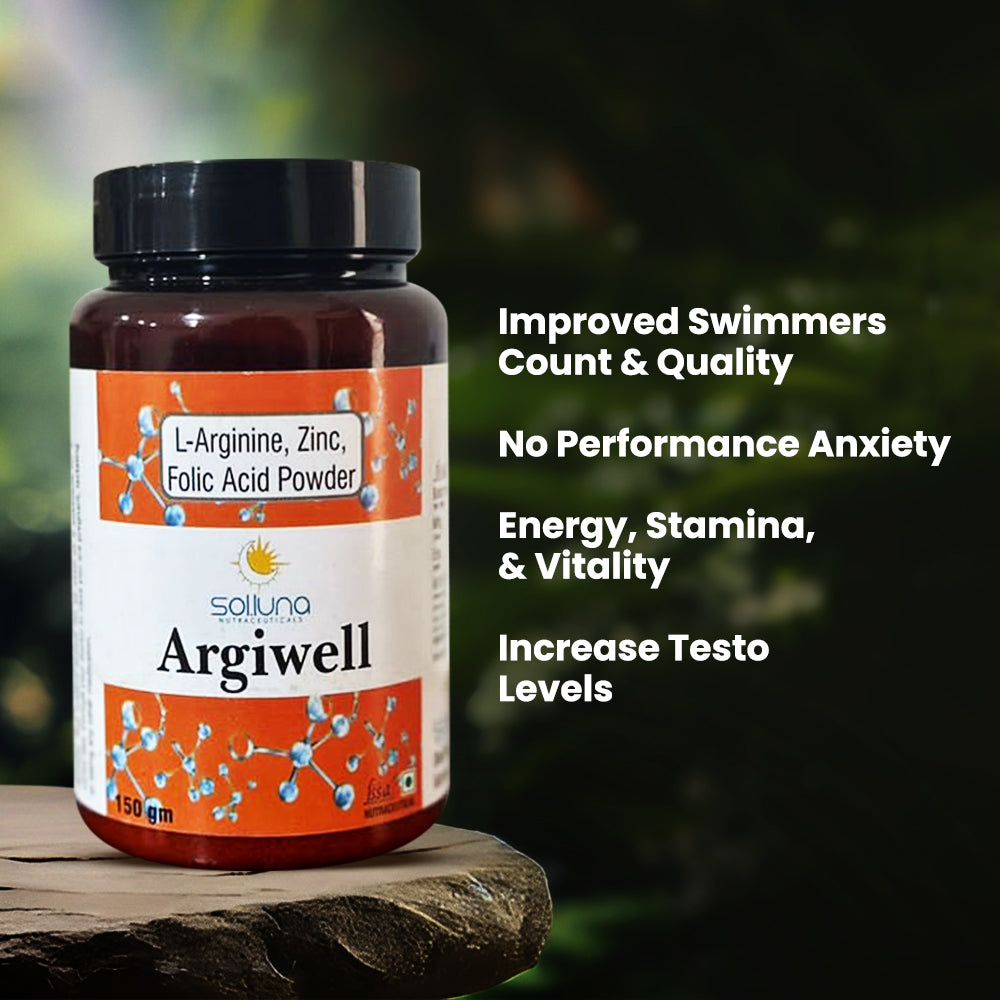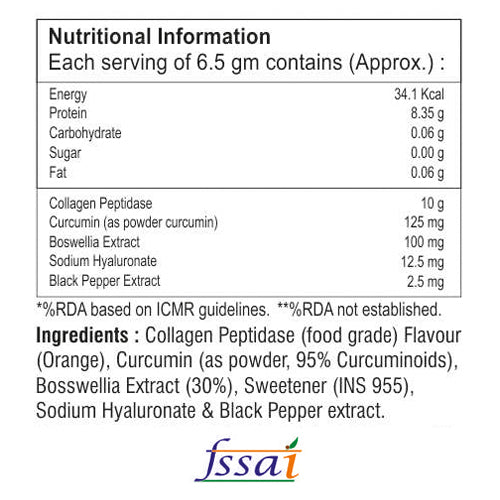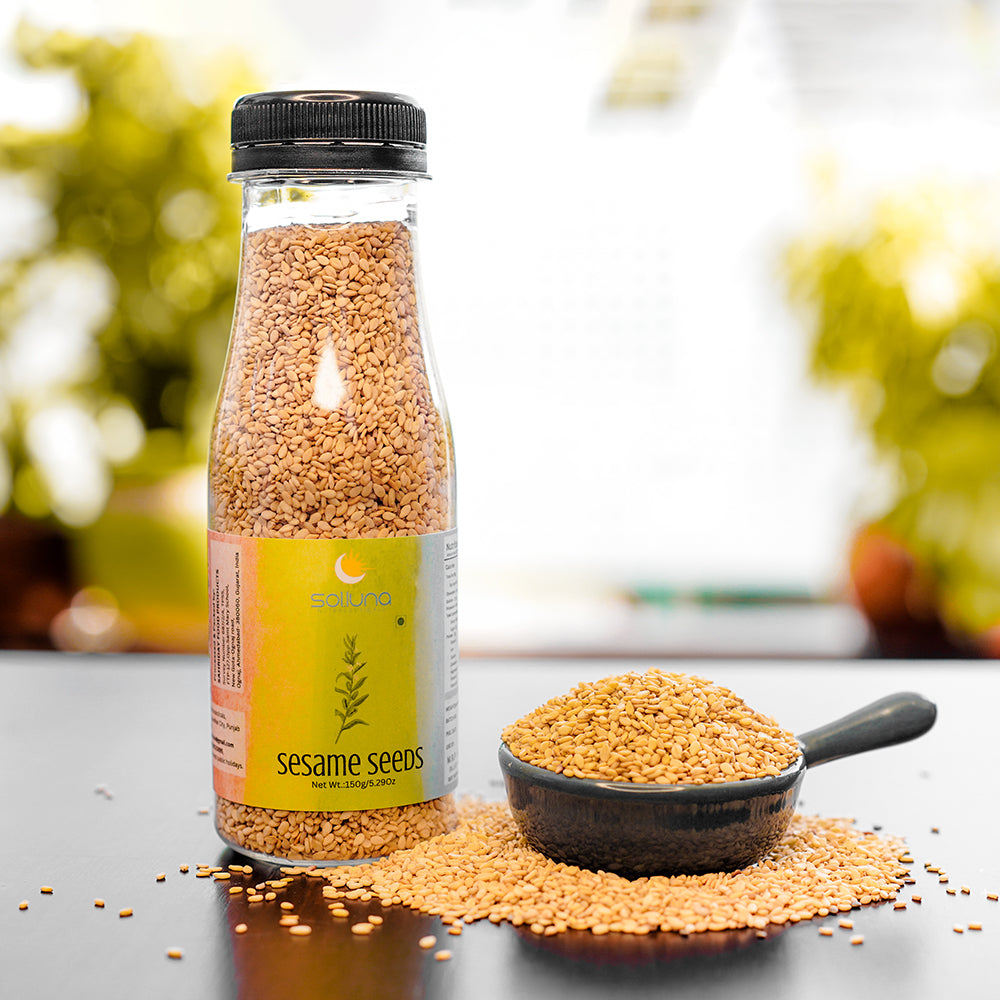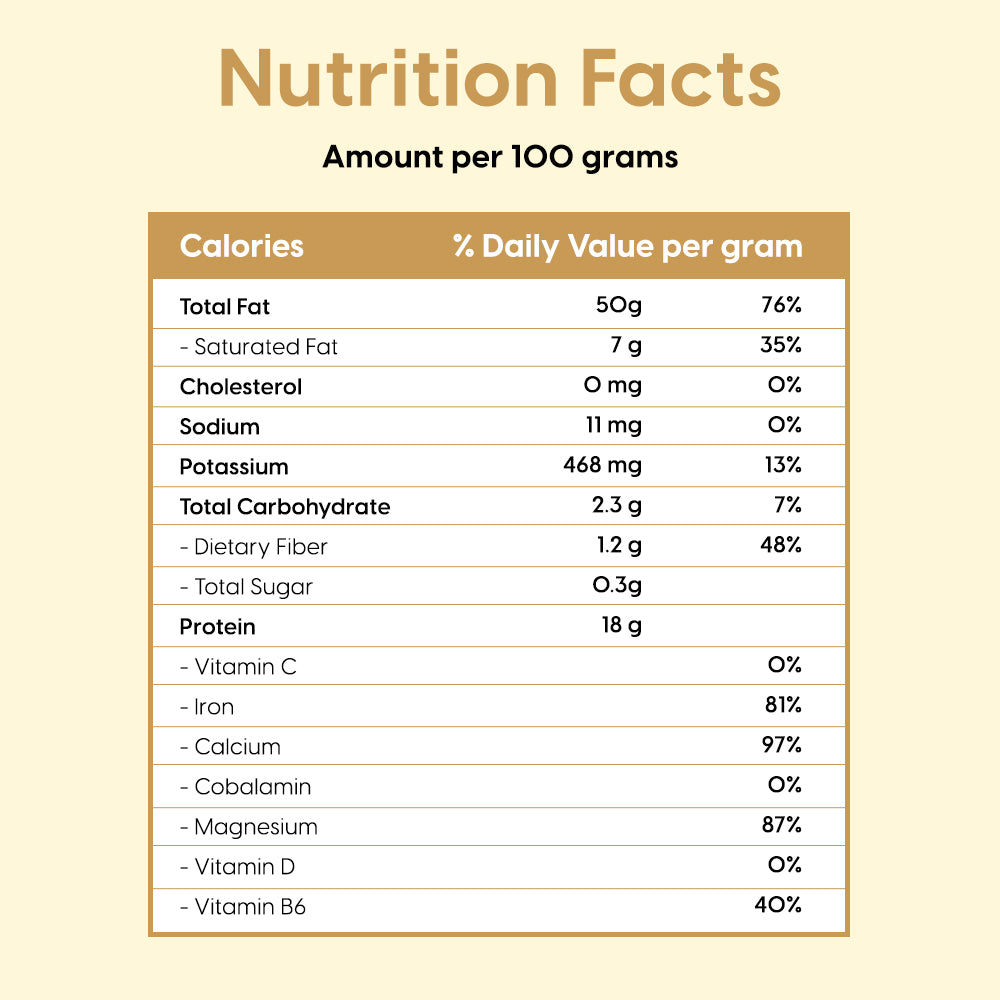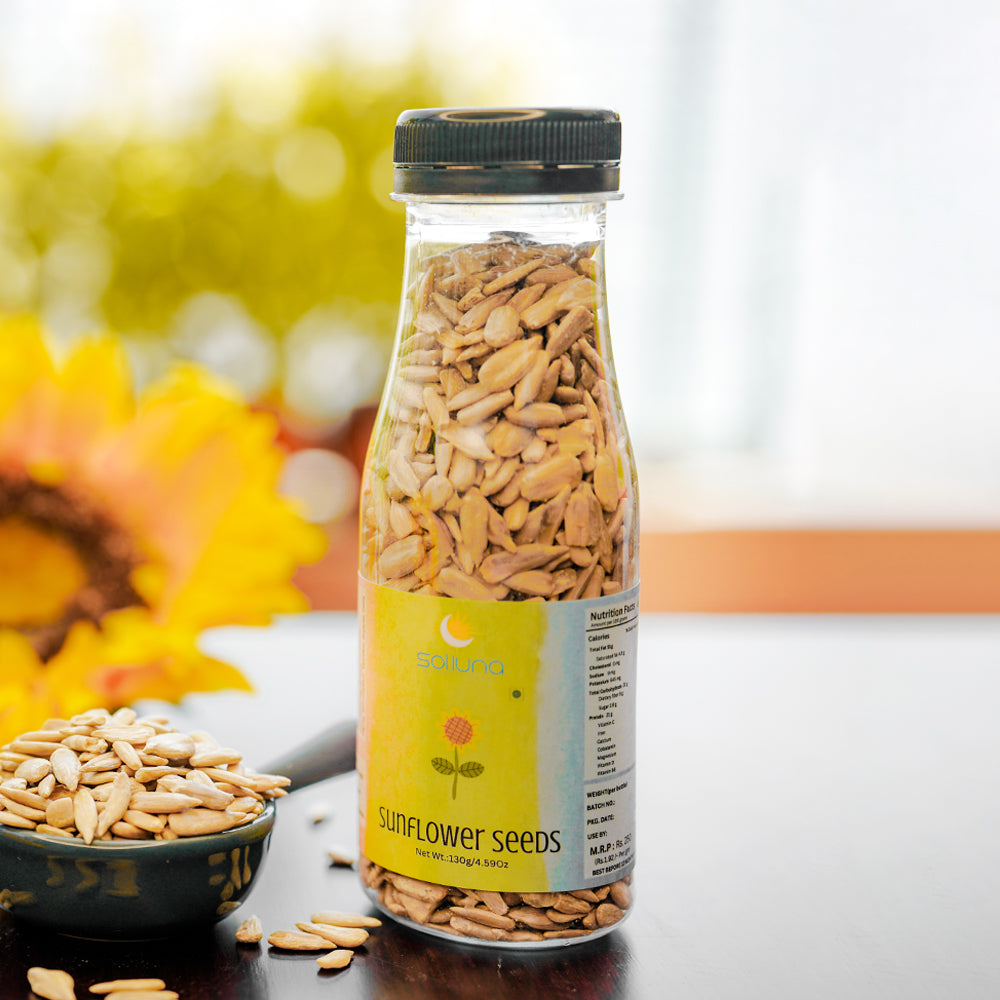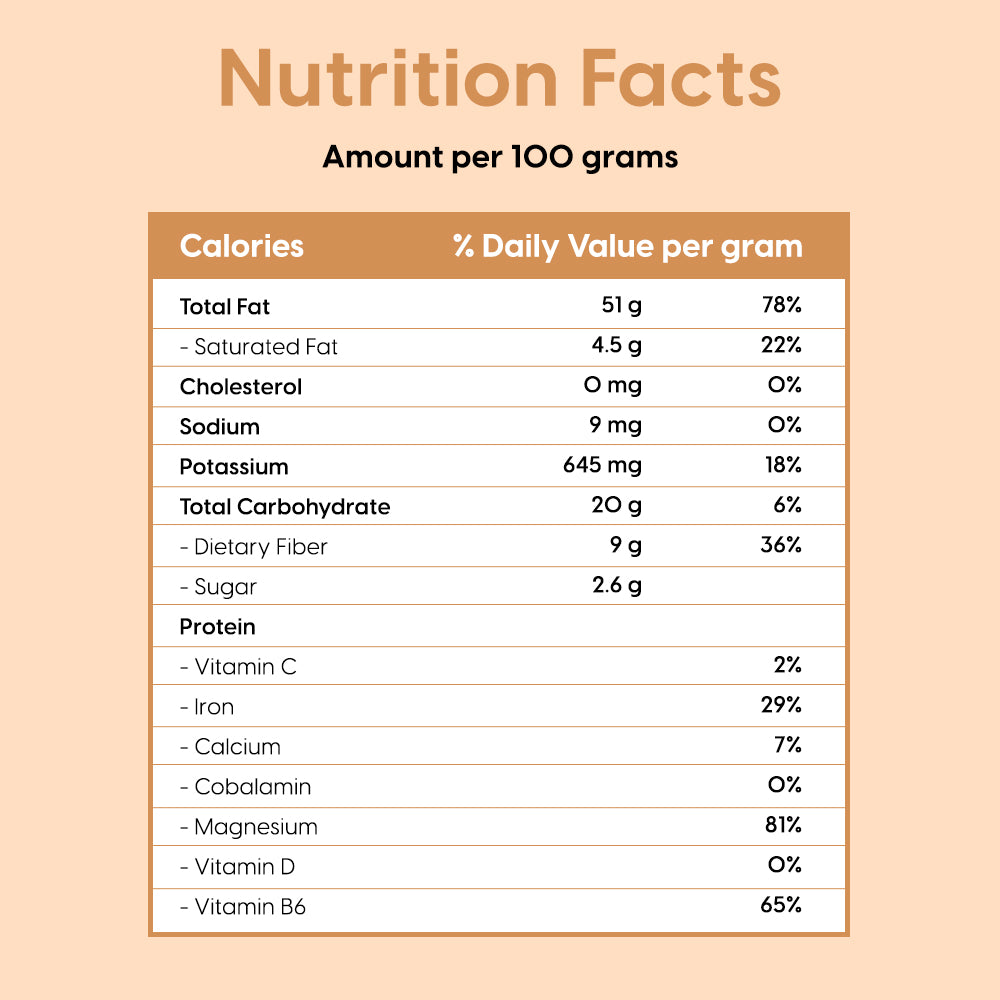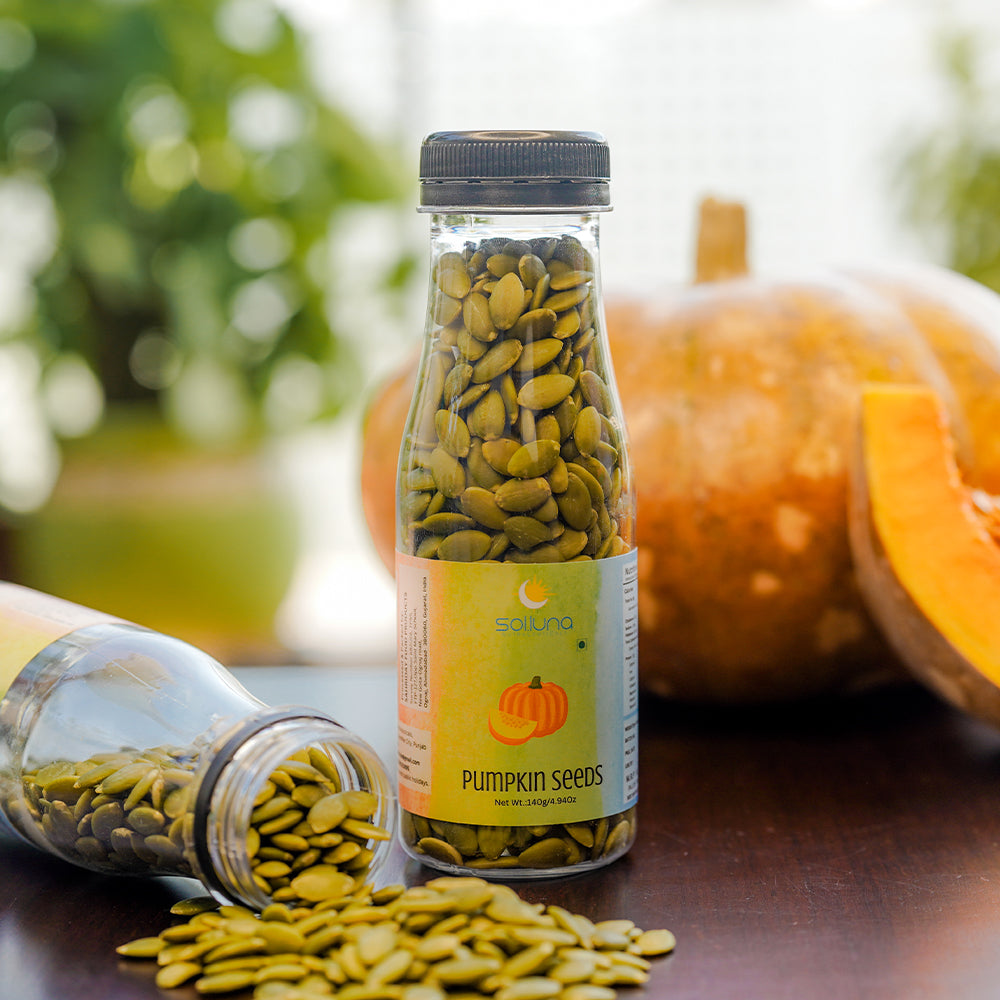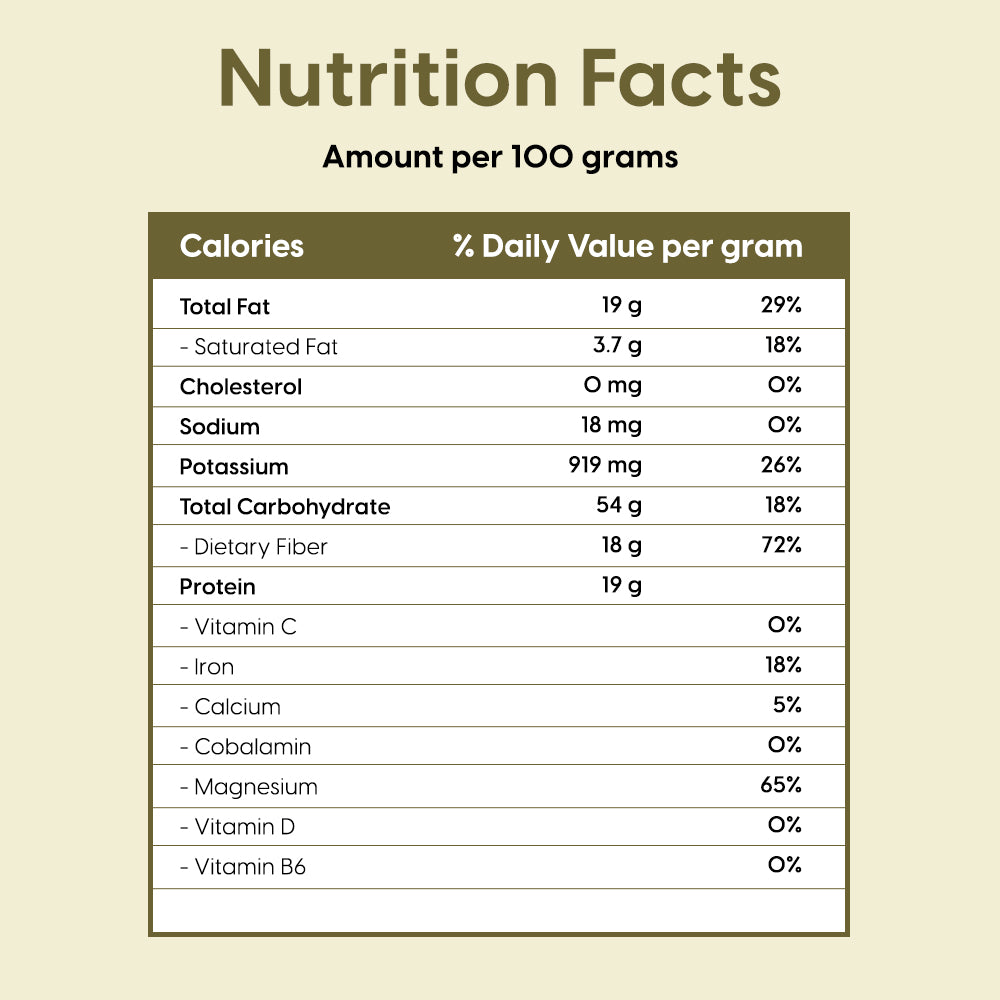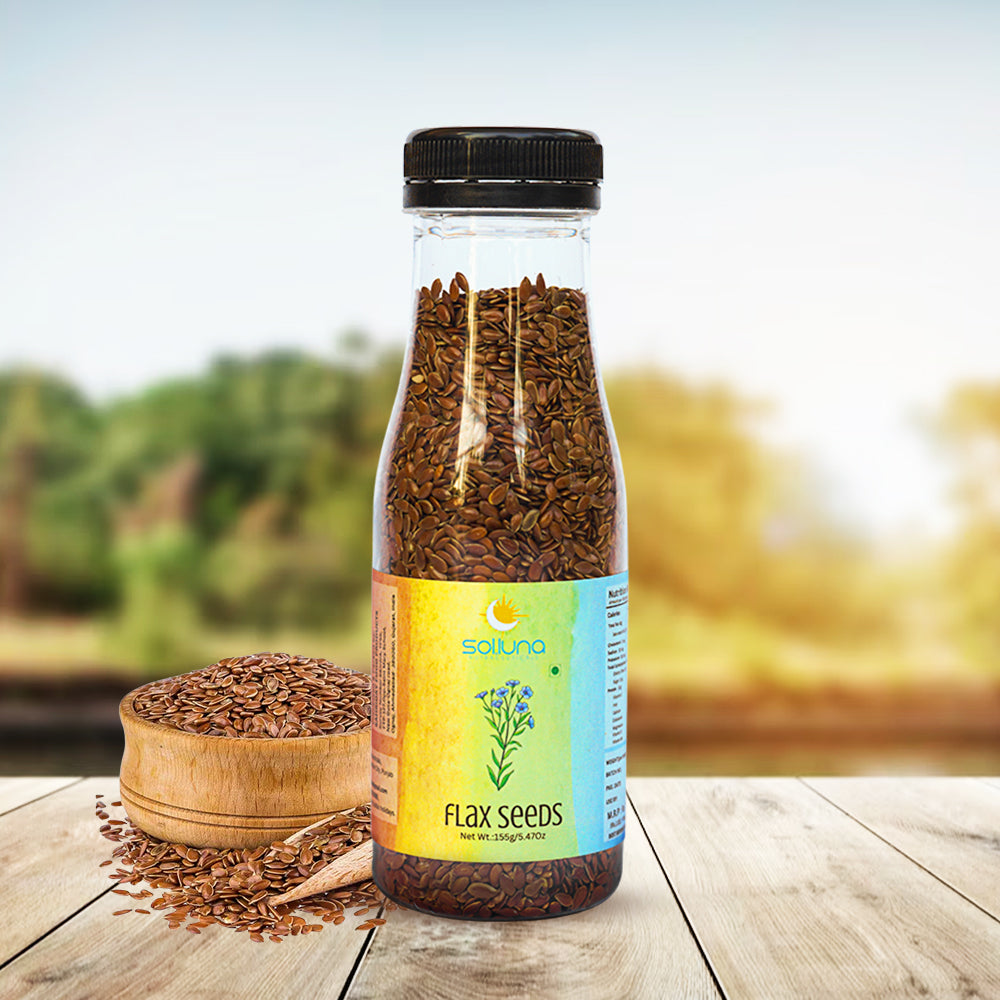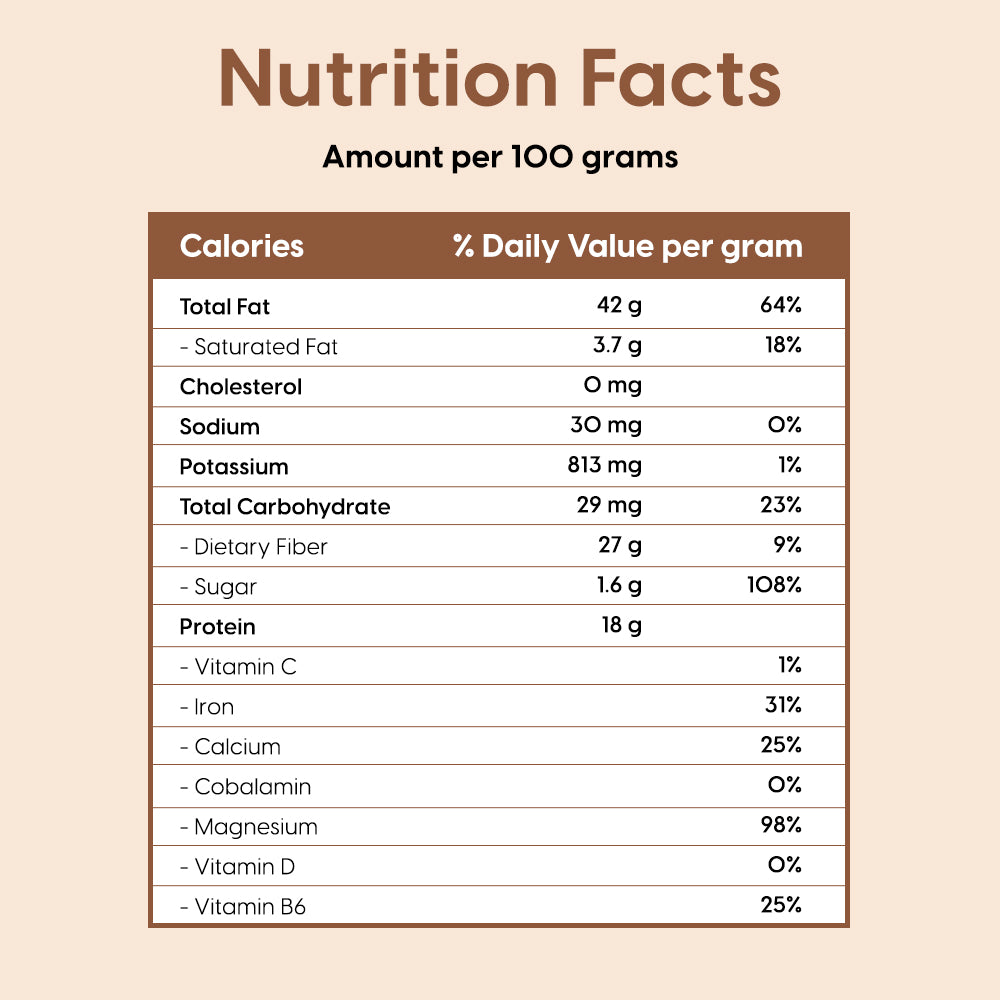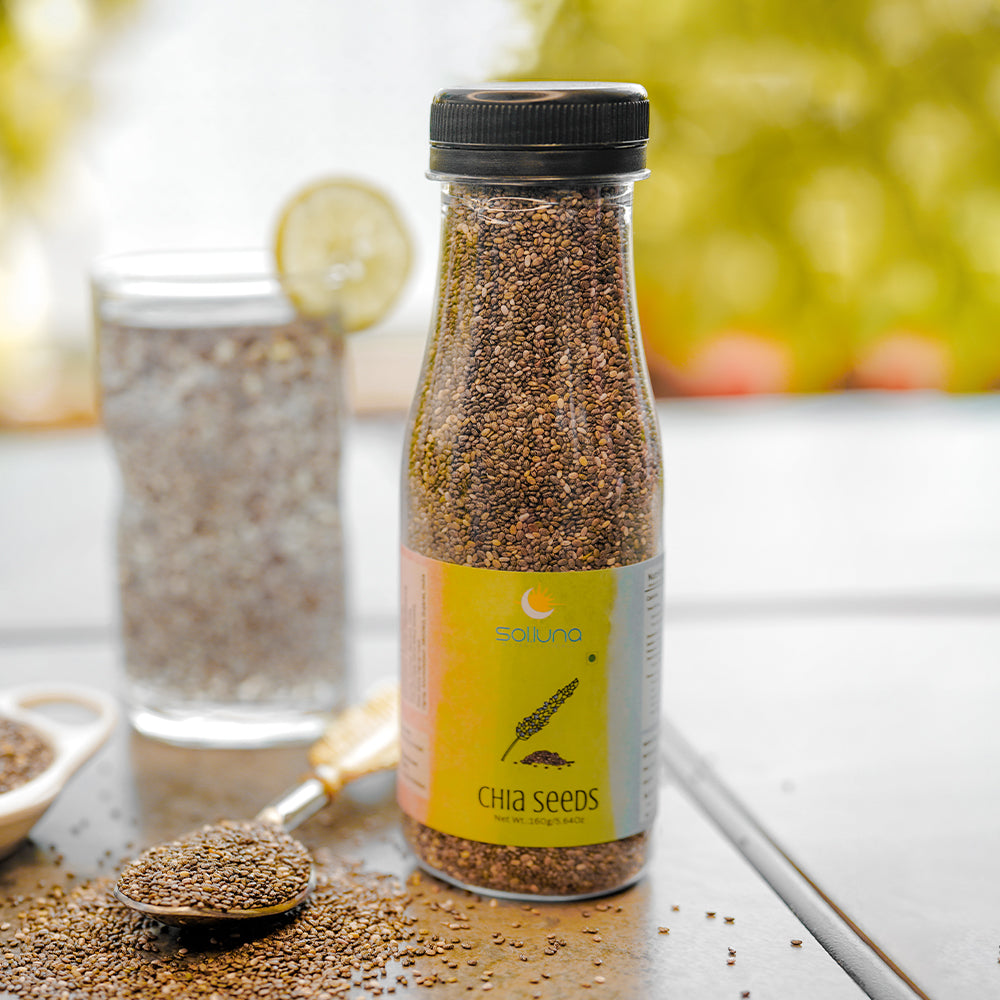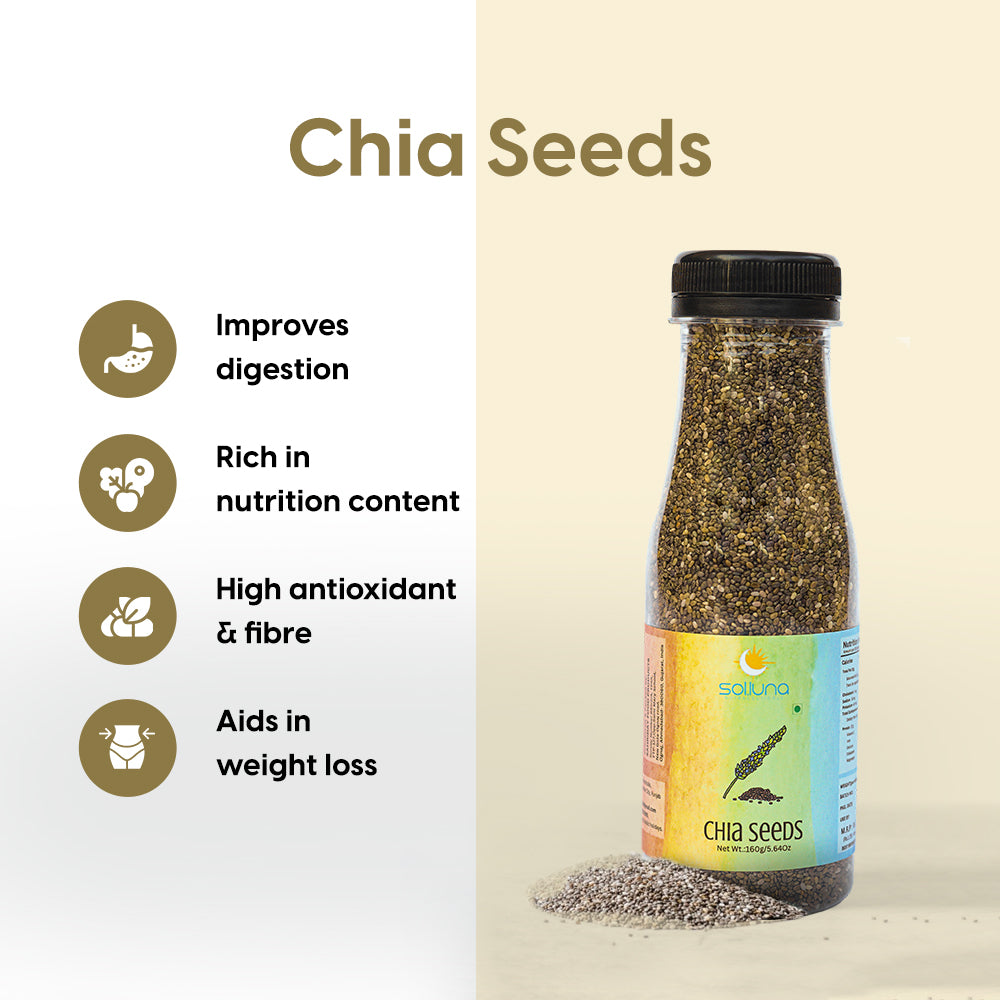
Prebiotics, Probiotics – Synbiotics?

The human gut is home to trillions of microorganisms, collectively known as the gut microbiota, which play a vital role in maintaining digestive health and overall well-being. Prebiotics, probiotics, and synbiotics are terms often used when discussing gut health. Each of these components contributes to a balanced and thriving gut environment. In this essay, we will explore what prebiotics, probiotics, and synbiotics are, their uses, and how they can positively impact our health.
Prebiotics
Prebiotics are non-digestible fibers and compounds found in certain foods, such as onions, garlic, bananas, and oats. These substances act as food for beneficial gut bacteria. While they themselves are not live microorganisms, prebiotics selectively promote the growth and activity of probiotics in the gut. By nourishing the beneficial bacteria, prebiotics help create a favorable environment for a diverse and robust gut microbiome.
Uses of Prebiotics:
- Gut Health: Prebiotics support gut health by fostering the growth of beneficial bacteria, which can improve digestion and reduce gastrointestinal issues.
- Immune Function: A healthy gut contributes to a well-functioning immune system, and prebiotics play a role in maintaining this balance.
Probiotics
Probiotics are live microorganisms, typically strains of beneficial bacteria or yeasts, that provide a range of health benefits when consumed in adequate amounts. These beneficial microorganisms can be found in fermented foods like yogurt, kefir, sauerkraut, and kimchi, as well as in probiotic supplements.
Uses of Probiotics:
- Gut Health: Probiotics introduce beneficial bacteria into the gut, restoring and maintaining a healthy balance of microorganisms.
- Digestive Disorders: Probiotics have been shown to alleviate symptoms of certain digestive disorders, such as irritable bowel syndrome (IBS) and diarrhea.
- Immune Support: They can enhance the body’s immune response and reduce the risk of infections
Synbiotics
Synbiotics combine both prebiotics and probiotics, offering a synergistic approach to improving gut health. By delivering prebiotics alongside probiotics, synbiotics create an environment where the probiotics can flourish, enhancing their beneficial effects.
Uses of Synbiotics:
- Enhanced Probiotic Activity: The prebiotic component of synbiotics provides nourishment to probiotics, promoting their survival and effectiveness in the gut.
- Targeted Health Benefits: Synbiotics can be tailored to address specific health concerns, such as boosting the immune system or alleviating gastrointestinal issues.
Conclusion
Prebiotics, probiotics, and synbiotics play essential roles in supporting gut health, immune function, and overall well-being. Prebiotics act as nourishment for beneficial gut bacteria, while probiotics introduce live microorganisms that can improve digestion and boost immunity. Synbiotics take a combined approach, optimizing the benefits of both prebiotics and probiotics for a healthier gut environment.
The human gut is a complex ecosystem, and maintaining a balanced gut microbiota is crucial for optimal health. Incorporating prebiotic-rich foods like onions, garlic, and bananas, as well as consuming probioticcontaining fermented foods or supplements, can positively impact the gut microbiome.
However, it is essential to remember that individual responses to prebiotics, probiotics, and synbiotics may vary. If considering using these supplements or making dietary changes, consulting with a healthcare professional is advisable, especially for individuals with specific health conditions or concerns.
By harnessing the power of prebiotics, probiotics, and synbiotics, we can foster a healthier gut environment and pave the way for improved overall health and vitality. Embracing these natural strategies for gut health is a step toward a healthier and happier life.





